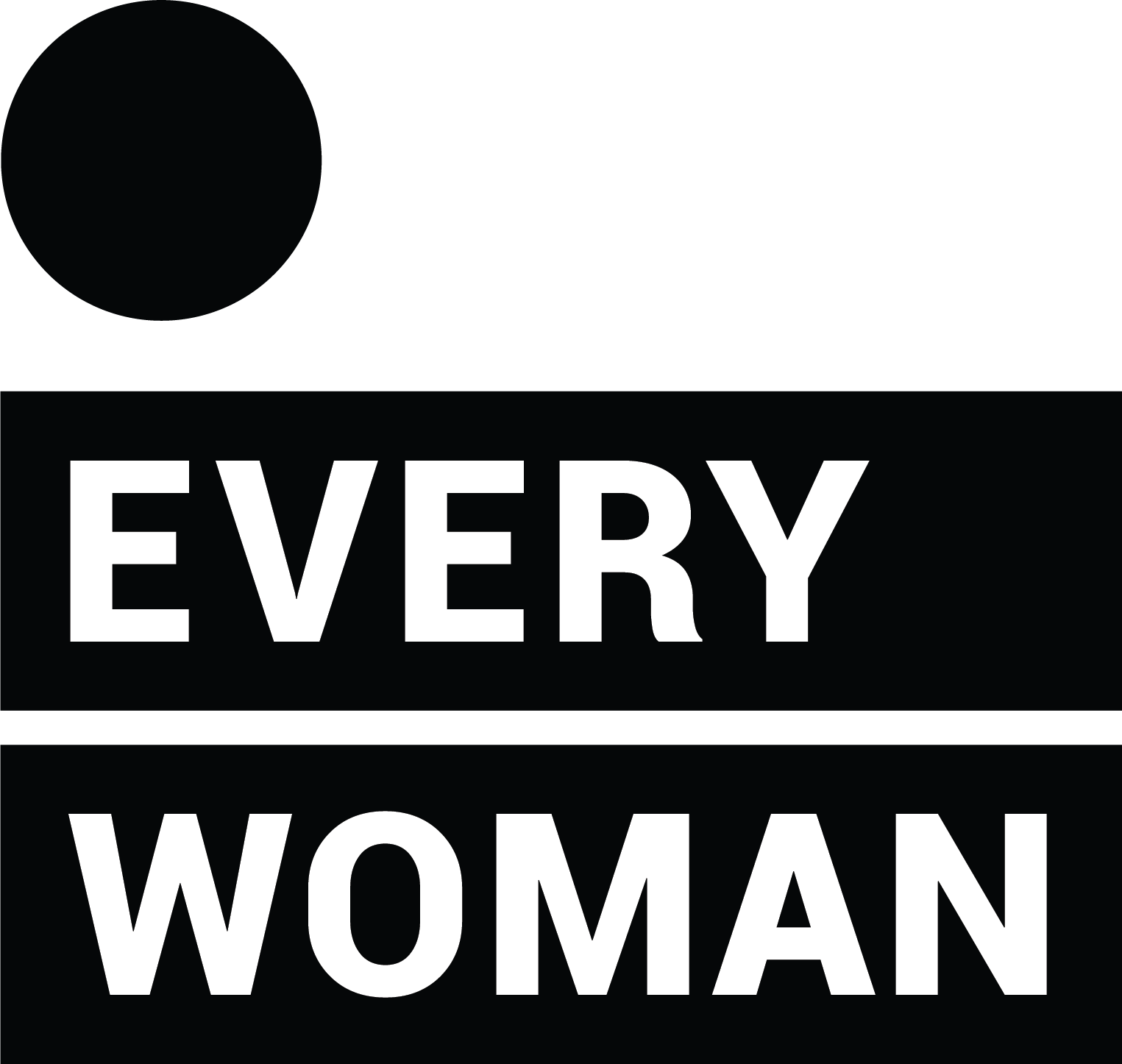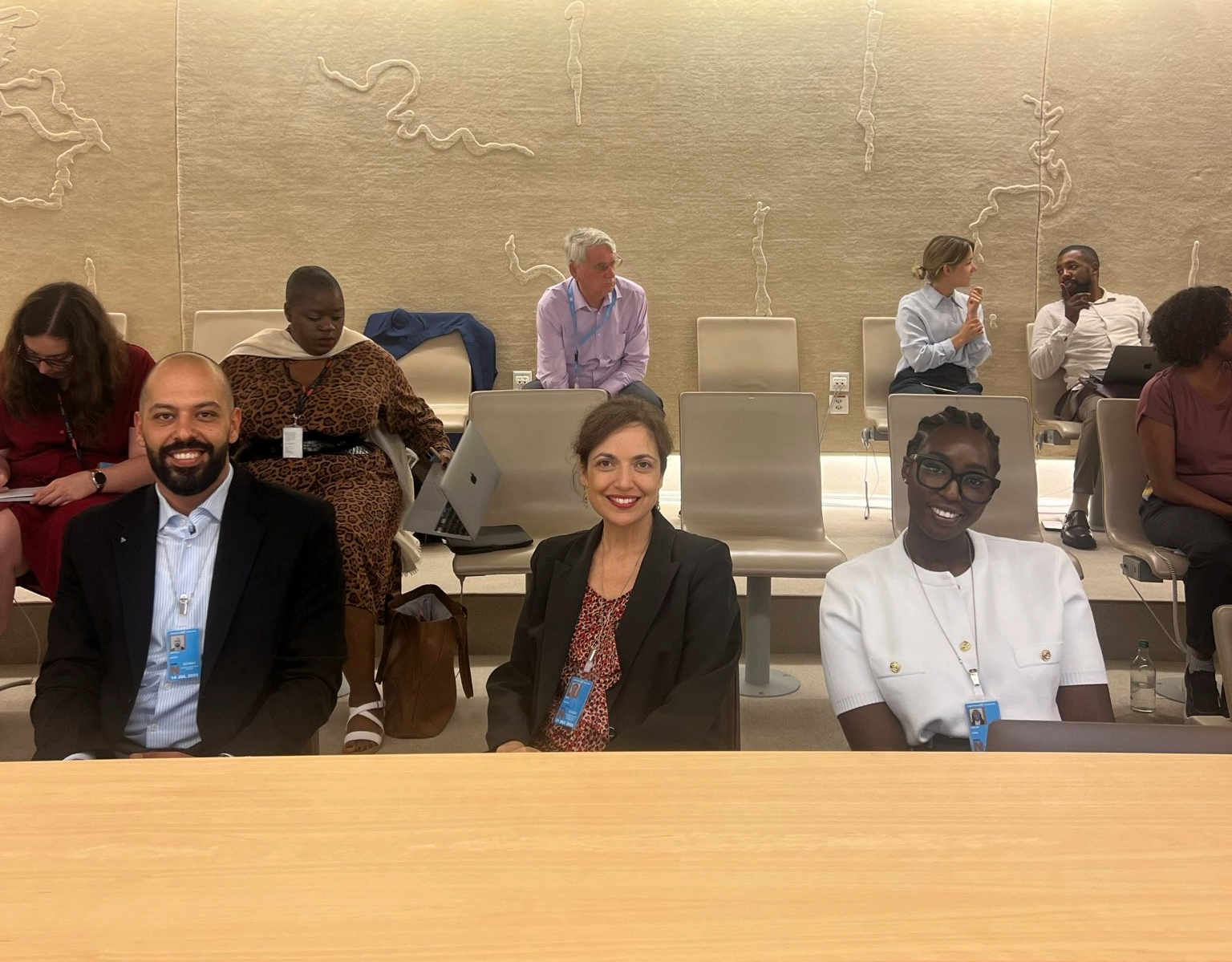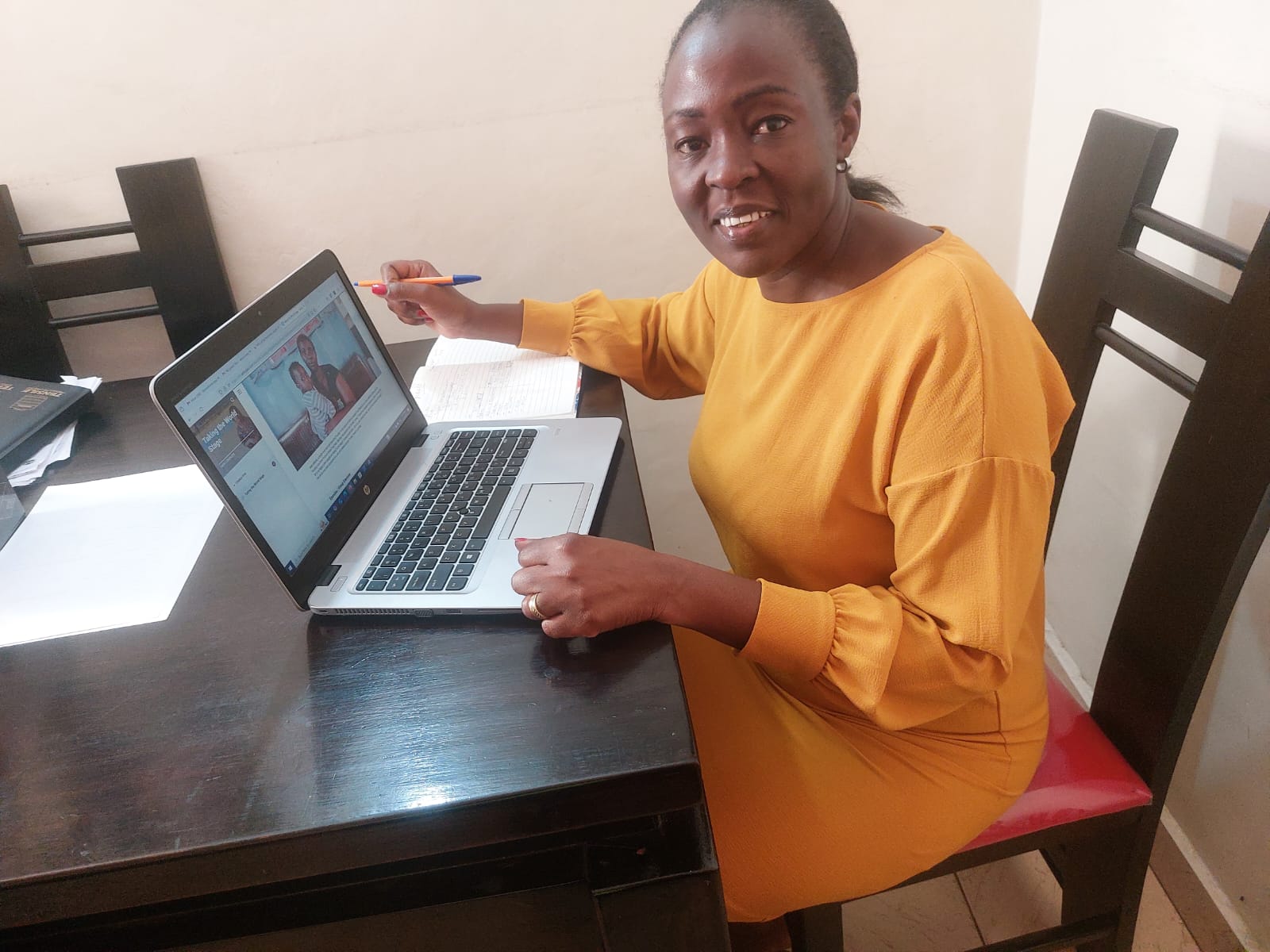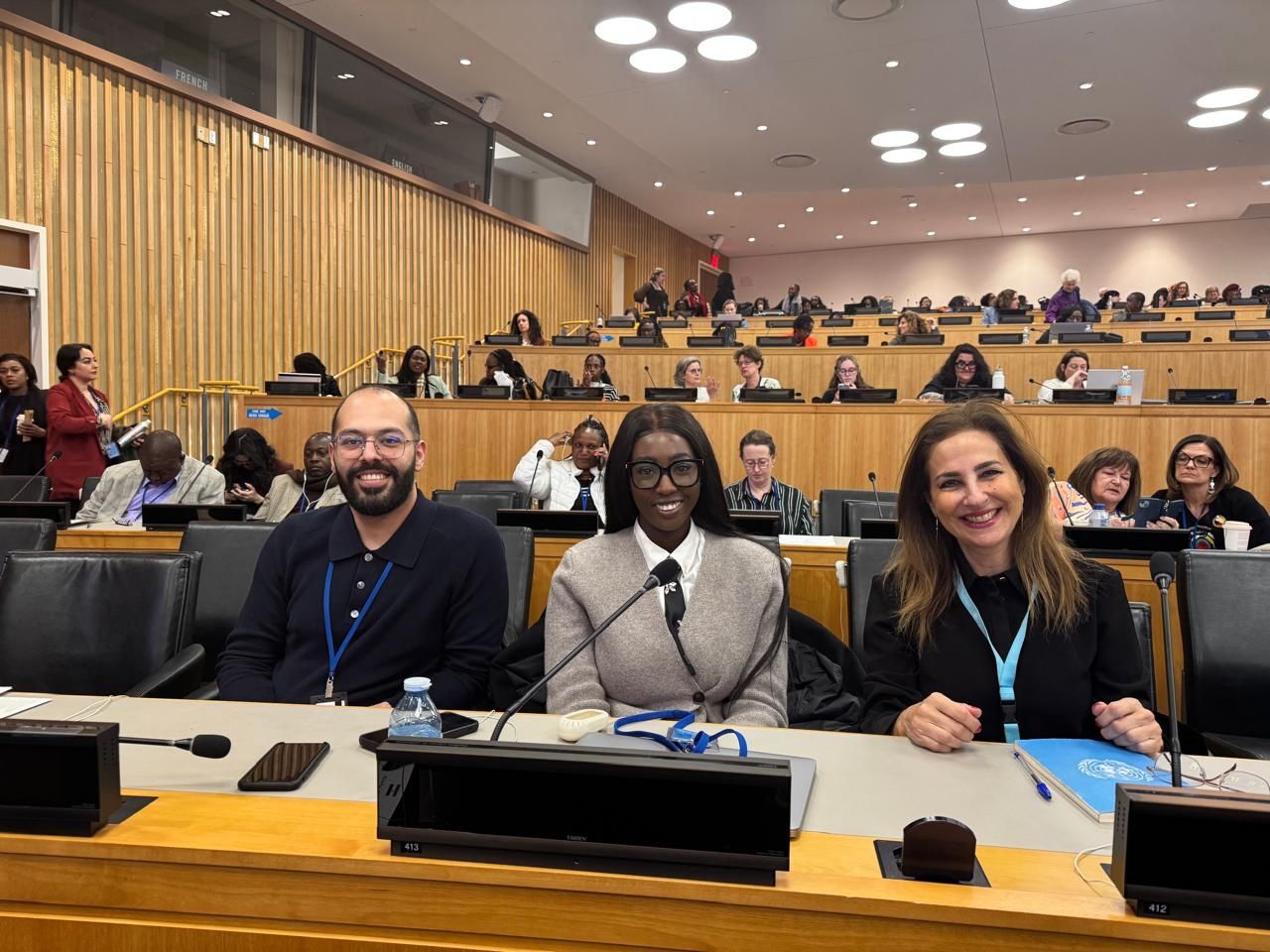Today, on the International Day of the World’s Indigenous Peoples, indigenous coalition members, activists and allies sent an open letter to UN leaders urging them to support a treaty in the form of a new Optional Protocol to CEDAW to end violence against women and girls.
The letter was delivered to the UN General-Secretary, the UN Deputy Secretary-General and the executive directors of UN Women and UNFPA and signed by 753 indigenous people and supporters from 78 nations. It began with a sobering reality:
“We open this letter by acknowledging all the indigenous women who have been murdered, violated and are missing, in all areas of the world. They are our friends, our daughters, our sisters and our mothers. They are our cousins and neighbors.”
Studies estimate that in various countries across the world, 55 to 84 percent of indigenous women and girls experience some form of violence in their lifetime. The problem is compounded by high levels of impunity and difficulty in accessing help and in seeking justice.
“Indigenous women and girls face double discrimination and violence,” says coalition member Muktasree Chakma Sathi (Bangladesh), a letter coauthor and founder of Supporting People and Rebuilding Communities (SPaRC). “First because we are women and second because we are indigenous and often looked down on as not ‘civilized’ enough.”
In the letter, indigenous activists detail multiple ways in which a treaty in the form of a new Optional Protocol to CEDAW can help. This treaty can:
- Push states to recognize indigenous women and girls with their own identities, a crucial first step in ending this violence
- Make the horrendous violence against indigenous women and girls visible
- Address the culture of impunity that permeates nations
- Improve access to justice at all levels, from reporting to prosecution, for indigenous women, as well as all women.
- Give us a tool to further our work — a document we can use to partner with native and government officials to push them to take action
“We are asking you to see the power a treaty has to change our lives and the power you have to make it happen,” activists say in the letter. “We are asking you to save our lives and the lives of our sisters, daughters, and granddaughters, and your sisters, daughters and granddaughters.”
Read the full letter here.
THANK YOU and CONGRATULATIONS to coalition members who were instrumental in this important piece of advocacy: letter coauthors Muktasree Chakma Sathi (Bangladesh) and Aehshatou Manu (Cameroon); Dr. Uzodinma Adirieje (Nigeria) and Marysela Zamora (Costa Rica) for their work in gathering signatures; Maria Alcantara (Brazil) for her editorial review; Jo-Anne Dusel (Canada) for insight and data; Saraphina Ambale (Kenya) for social media posting; Hauwa Abdullahi (Cameroon) for her availability for media.
Stand in solidarity with indigenous women. Join the call for a treaty here! Donate here to support our advocacy efforts.




